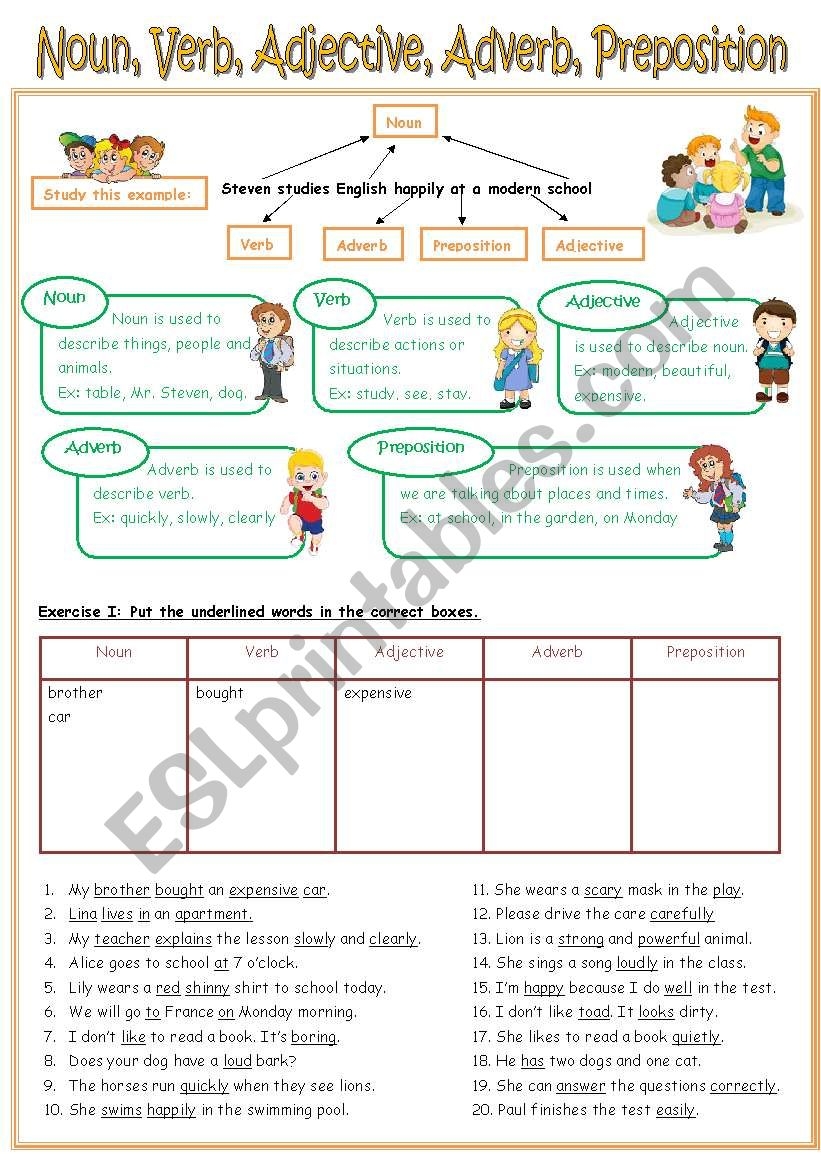When it comes to understanding the English language, there are four essential parts of speech that form the foundation of every sentence: nouns, verbs, adjectives, and adverbs. These building blocks work together to create meaning and convey information in written and spoken communication.
Whether you’re writing a research paper, crafting a creative story, or simply engaging in everyday conversation, having a solid grasp of these fundamental elements of grammar is essential for effective communication.
Nouns, Verbs, Adjectives, and Adverbs
Nouns are words that represent people, places, things, or ideas. They can be concrete objects like “car” or “book,” or abstract concepts like “love” or “freedom.” Nouns can function as subjects, objects, or possessives in a sentence, providing clarity and structure to the overall message.
Verbs, on the other hand, are action words that express what the subject of a sentence is doing. Verbs can be dynamic, indicating an action like “run” or “jump,” or stative, describing a state of being like “exist” or “belong.” Verbs are essential for conveying movement, change, and progression in a sentence.
Adjectives are words that modify or describe nouns, providing additional information about their characteristics or qualities. Adjectives can indicate size, color, shape, or any other attribute that helps to paint a more vivid picture in the reader’s mind. By using adjectives judiciously, writers can create richer, more engaging descriptions.
Adverbs, on the other hand, modify or describe verbs, adjectives, or other adverbs, providing information about how, when, where, or to what extent an action is performed. Adverbs can add nuance and specificity to a sentence, clarifying the manner in which an action takes place or the degree to which it occurs. By using adverbs effectively, writers can add depth and complexity to their writing.
In conclusion, a solid understanding of nouns, verbs, adjectives, and adverbs is essential for clear and effective communication in any context. By mastering these fundamental elements of grammar, writers can convey their ideas with precision, clarity, and impact. So, whether you’re crafting a compelling narrative, delivering a persuasive argument, or engaging in casual conversation, remember the importance of these building blocks of language.
